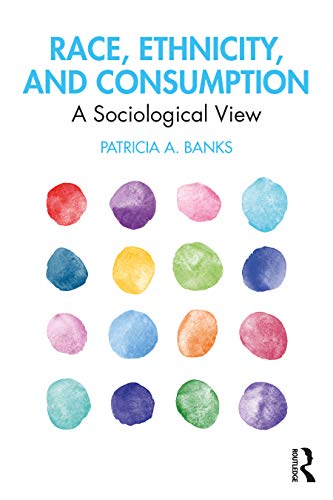

Most ebook files are in PDF format, so you can easily read them using various software such as Foxit Reader or directly on the Google Chrome browser.
Some ebook files are released by publishers in other formats such as .awz, .mobi, .epub, .fb2, etc. You may need to install specific software to read these formats on mobile/PC, such as Calibre.
Please read the tutorial at this link: https://ebookbell.com/faq
We offer FREE conversion to the popular formats you request; however, this may take some time. Therefore, right after payment, please email us, and we will try to provide the service as quickly as possible.
For some exceptional file formats or broken links (if any), please refrain from opening any disputes. Instead, email us first, and we will try to assist within a maximum of 6 hours.
EbookBell Team

4.8
64 reviewsRace, Ethnicity, and Consumption: A Sociological Viewlooks at the central concerns of consumer culture through the lens of race and ethnicity. Each chapter illustrates the connections between race, ethnicity, and consumption by focusing on a specific theme: identity, crossing cultures, marketing and advertising, neighborhoods, discrimination, and social activism. By exploring issues such as multicultural marketing, cultural appropriation, consumer racial profiling, urban food deserts, and racialized political consumerism, students, scholars, and other curious readers will gain insight on the ways that racial and ethnic boundaries shape, and are shaped by, consumption. This book goes beyond the typical treatments of race and ethnicity in introductory texts on consumption by not only providing a comprehensive overview of the major theories and concepts that sociologists use to make sense of consumption, race, and ethnicity, but also by examining these themes within distinctly contemporary contexts such as digital platforms and activism. Documenting the complexities and contradictions within consumer culture,Race, Ethnicity, and Consumptionis an excellent text for sociology courses on consumers and consumption, race and ethnicity, the economy, and inequality. It will also be an informative resource for courses on consumer culture in the broader social sciences, marketing, and the humanities.